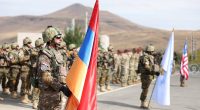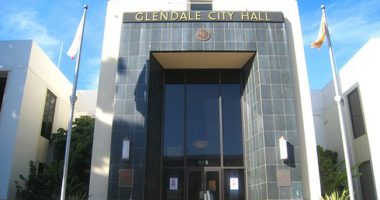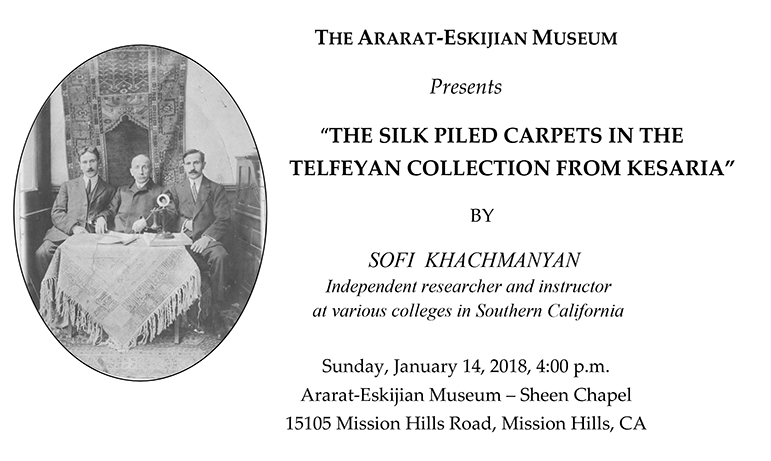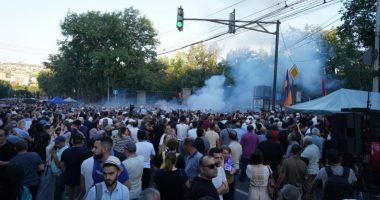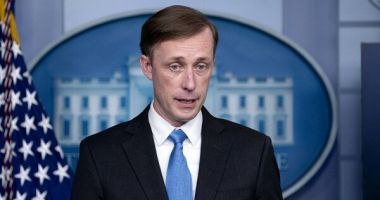Open Letter to the Rabbinical Centre of Europe
From the International Institute for Genocide and Human Rights Studies (IIGHRS, A Division of the Zoryan Institute)
September 11, 2023
Dear Rabbinical Centre of Europe:
As a non-profit organization dedicated to genocide and human rights studies since 1982, the International Institute for Genocide and Human Rights Studies (“IIGHRS”, A Division of the Zoryan Institute) is deeply concerned about and takes great issue with the open joint letter that was released by the RCE signed by 50 senior leading European Rabbis.
We recognize that we are currently living in a time where antisemitism is at historically high levels. We also condemn the recent trend in which Holocaust imagery and language have been misappropriated, especially regarding the COVID-19 pandemic. We would like to point out, however, that the word “genocide”, coined by Jewish scholar Raphael Lemkin in 1943/1944, was adopted into law in 1948, many years after the Armenian Genocide and as a result of the Shoah. Article II of the 1948 Genocide Convention states:
Genocide means any of the following acts committed with intent to destroy, in whole or in part, a national, ethnical, racial, or religious group, as such:
a- Killing members of the group;
b- Causing serious bodily or mental harm to members of the group;
c-Deliberately inflicting on the group conditions of life calculated to bring about its physical destruction in whole or in part;
d- Imposing measures intended to prevent births within the group;
e- Forcibly transferring children of the group to another group.
Kindly note that the above definition of the crime of genocide does not include any reference to the number of people who perished, or the magnitude of suffering, but rather to the intent behind the destruction of a group. According to this definition, the Srebrenica massacres (8,000 victims), the Genocide in Rwanda (800,000 victims), the Cambodian Genocide (2 million people), the Shoah (6 million people), and the Armenian Genocide (1.5 million), are all widely understood as constituting genocide under the definition of the Genocide Convention. Applying this term to the current situation in Nagorno-Karabakh is fully in accord with the scholarly and legal understandings of genocide and in no way trivializes or diminishes the Holocaust or any other example of genocide. In fact, various legal scholars such as former prosecutor of the International Criminal Court Luis Moreno Ocampo, as well as genocide scholars have described the situation in Nagorno-Karabakh as constituting genocide. The situation there is not a simple ‘political disagreement’ as was described in your letter.
We hope that the RCE can appreciate that the phenomenon of genocide is not unique to any one group, nation, religion, or ethnicity. The attempted destruction of an entire population is a crime against all humanity and must be recognized as such no matter who the victim group may be. In our view, genocide is a shared human experience, and unfortunately, this heinous crime has impacted many groups throughout history, and continues to do so in various parts of the world today. This includes Nagorno-Karabakh, whereby a government is deliberately inflicting conditions of life calculated to bring about another group’s physical destruction, which is one of the acts of genocide defined in Article II of the Convention listed above.
The Zoryan institute, by teaching genocide comparatively, and by recognizing the destruction, trauma and pain that this crime inflicts, seeks not to prioritize one case over another, but rather deepen our understanding about the common patterns and dynamics that allow genocide to take place and allow us to more effectively prevent future instances of genocide moving forward. Our goal is to educate and teach about genocide in order to work towards a safer and more just world.
We cordially invite you to better acquaint yourselves with the ongoing situation in Nagorno-Karabakh and encourage you to read the recently published edition of the Zoryan Institute academic journal, Genocide Studies International, published by the University of Toronto Press that is devoted to this particular crisis: https://www.utpjournals.press/toc/gsi/15/1.
We would be happy to send you a physical copy of this issue for your reference.
Sincerely,
The Zoryan Institute (IIGHRS) Board of Directors
Editors of Genocide Studies International
Editors of Diaspora: A Journal of Transnational Studies
Faculty Members of the Genocide and Human Rights University Program
Affiliates
SIGNATORIES
Dr. Maureen Hiebert, Chair of the Zoryan Institute’s Academic Board, Associate Professor, Political Science, University of Calgary
Dr. Varouj Aivazian, Chair of the Zoryan Institute’s Corporate Board, Professor of Finance and Chair of the Economics Department at University of Toronto Mississauga
Dr. Alexander Alvarez, Vice-chair Academic Advisory Board, Zoryan Institute, Co-Editor Genocide Studies International, Professor of Criminology & Criminal Justice, Northern Arizona University
Dr. Rouben Adalian, Board Member of the Zoryan Institute
Dr. Joyce Apsel, Clinical Professor, Liberal Studies, NYU, and President of the Institute for the Study of Genocide
Dr. Yair Auron, Professor of Emeritus, Open in University Israel
Mr. Diran Avedian, President, and Founder of Lactopur Inc.
Dr. Talar Chahinian, Co-editor of Diaspora: A Journal of Transnational Studies and Lecturer in the Program for Armenian Studies at University of California Irvine
Dr. Doris Bergen, Chancellor Rose and Ray Wolfe Professor of Holocaust Studies, the University of Toronto
Dr. Bedross Der Matossian, Professor of History, the Hymen Rosenberg Professor in Judiac Studies, University of Nebraska, Lincoln
Mr. Federico Gaitan Hairabedian, Esq., Lawyer and President of the Luisa Hairabedian Foundation, Argentina
Ms. Mari Hovhannisyan, the Zoryan Institute Armenia International Foundation for Research and Development
Dr. Elisa von Joeden-Forgey, Endowed Chair in Holocaust and Genocide Studies, Keene State College (NH, USA)
Dr. Sossie Kasbarian, Co-editor of Diaspora: A Journal of Transnational Studies and Senior Lecturer in Politics, University of Stirling
Ms. Arsinée Khanjian, Canadian actress, director, producer, playwright, and human rights activist
Dr. Adam Muller, Co-Editor of Genocide Studies International and Director of the Peace and Conflict Studies Department, University of Manitoba
Dr. Jennifer Rich, Co-Editor of Genocide Studies International, Exec. Director of the Rowan Center for the Study of the Holocaust, Genocide, and Human Rights, Director of the MA Program in Holocaust and Genocide Education, and Associate Professor of Sociology at Rowan University
Dr. William Schabas, Professor of International Law at Middlesex University in London and Professor of International Humanitarian Law and Human Rights at Leiden University
Ms. Kate Simola, the Zoryan Institute of Canada Inc.
Dr. Lok Siu, Professor of Ethnic Studies at UC Berkeley and Chair of the Asian American Research Centre
Dr. Amy Sodaro, Associate Professor and Deputy Chairperson of the Social Sciences, Human Services and Criminal Justice Department at CUNY
Dr. Henry Theriault, Co-Editor of Genocide Studies International, Past President of the International Association of Genocide Scholars and Associate Vice President for Academic Affairs Worcester State University
Dr. Alan Whitehorn, Professor Emeritus, Royal Military College of Canada
Dr. Andrew Woolford, Professor and Department Head, Sociology & Criminology, University of Manitoba
Ambassador A. Yeganian, Chair of the Zoryan Institute Armenia International Foundation for Research and Development
Ms. Megan Reid, Deputy Executive Director of the Zoryan Institute
Mr. K. M. Greg Sarkissian, Co-Founder and President of the Zoryan Institute


